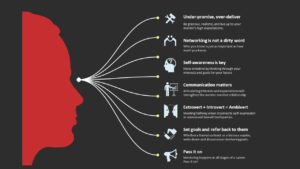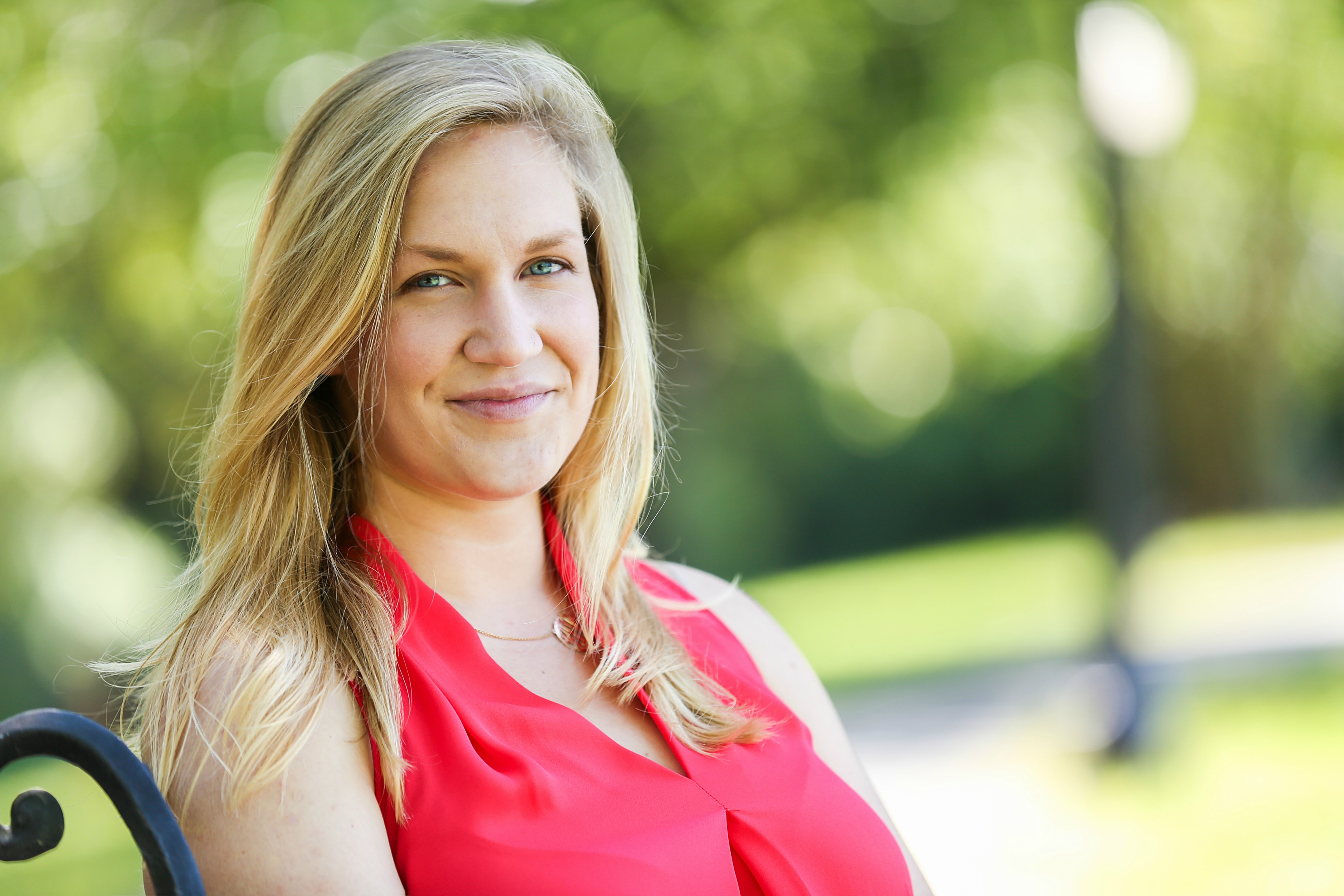Mentorship Rests On Communication
Filing up on to the stage and taking their seat behind the microphones, the Early Career Day Panel on mentoring literally ‘set the stage’ for the young investigators at AHA Scientific Sessions 2017.
Ranging from junior faculty to seasoned professionals, the speakers introduce themselves and share their top tips for mentoring.
The Highlights
Emelia Benjamin from Boston describes mentoring as a “life course phenomenon” where there is “never a period in your career when you don’t need mentoring”.
Edda Spiekerkoetter from Stanford provides an inspiring example of networking in the digital age, and the role mentors provide in connecting us via email introductions.
Stephen Chan provides a “two-the-point” list, describing two concept of self-awareness and mentor generosity as 2 keys for productive mentoring relationships.

The Take-Away
Despite different backgrounds, different career paths, and different perspectives, an overarching theme emerges: Communication Communication Communication. Whether you’re searching for a mentor, looking to strengthen your mentor-mentee relationship, or facing challenges with poor mentor-mentee compatibility, communication is key.
Dr. Benjamin closes with a quote from George Bernard Shaw:
“The problem with communication is the illusion that it happened”.
Don’t let that illusion plague your mentor-mentee relationship. Be proactive, know yourself, and learn from every experience.

Bailey DeBarmore is a cardiovascular epidemiology PhD student at the University of North Carolina at Chapel Hill. Her research focuses on diabetes, stroke, and heart failure. She tweets @BaileyDeBarmore and blogs at baileydebarmore.com. Find her on LinkedIn and Facebook.